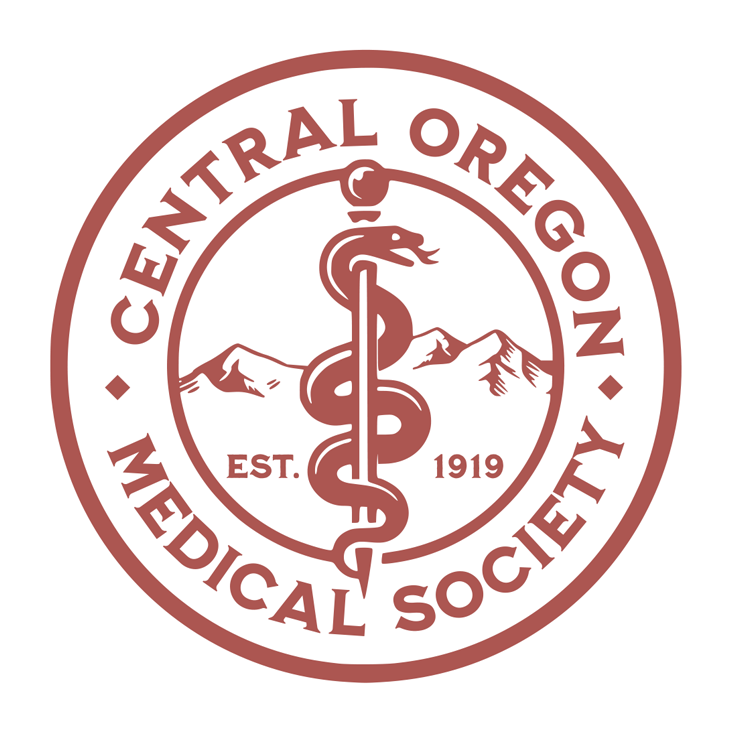Is there a relationship between our failing healthcare system and medical societies?
I am Dr. Mike Henderson, Central Oregon Medical Society president for the next couple of years. Medical societies promote the profession and its members. Given the inexorable declining state of healthcare, one would think membership would be high as there is more need than ever to bolster the profession, but the opposite is happening. The Medical Society of Metropolitan Portland, founded in 1884, ceased operations November 2020, which is a clear red flag.
I perceive a relationship between the healthcare system and medical societies: many societies started over 100 years ago, but haven’t evolved. Is this a failure to maintain culture as the times have changed drastically? If so, the question is why and what are we willing to do? Healthcare is the domain of physicians, NPs and PAs, and we should be in control: not insurers, legislators or pharmaceutical companies. But let’s not focus the blame on these other groups, rather, let’s fix ourselves first.
When a profound problem is identified, the questions to ask are what sacrifices do you need to make, where resources be invested, what risks are necessary, what questions have you not considered that have useful answers and how much risk can be tolerated? Mistakes are inevitable when there are complex tasks, so how do you mitigate them and if they occur, how do you build upon them? Pursuit of perfection is a tyranny, whereas pursuit of excellence is worthy. Continuing as is in healthcare is nothing less than a guarantee of failure, suffering and excessive cost: the current system is an indolent, self perpetuating catastrophe. But I believe we always have the choice on whether or not to do something. If medical providers were united, and truly and transparently aligned with patients, would we not be a formidable force?
Given the stakes – our health, life and finances – should we not be willing to devote ourselves to a process of defining the problem, determining our values and goals and investments in long term, multipronged solutions? Do we as physicians and medical providers wish to regain control of the profession, which is still noble, and encourage excellence – versus insurer induced mediocrity – as the standard of care and see ourselves, patients and society flourish? Do patients desire for their medical providers to work as data input automatons – demanded by insurers and Medicare – rather than providing personalized healthcare? Excessive data input materially lowers quality of medical care. Look at a typical medical note, which are foremost constructed for billing purposes, and you will see a bloated, cut and paste, error riddled document. Yet, despite the verbiage overload, medical rationale supporting appropriate medical decisions is typically devoid.
My personal goals are to learn what is necessary, do what I am capable of and see if I can adapt my knowledge and insight to what the medical society needs to flourish. But this necessarily extends to the healthcare system and our society as a whole. Thus, I need to reach out to all other medical providers and to you, the public, in order to aggregate our collective insight into an actionable plan and cultivate a medical culture leading to an influential and relevant medical society. The necessity of the task is what propels us. Neither insurers or legislators have the capability or the desire to solve the ills of the healthcare system: only we medical providers do. But how do we inculcate a healthy, productive culture?
To that end, we have Nicholas Kristof, two time Pulitzer prize winning, world travelling journalist, presenting to all physicians, physician assistants and nurse practitioners in Central Oregon, for free, September 14th, 6:00pm at St. Charles, Bend and plan to teleconference to all St. Charles locations. After his presentation, a bidirectional Q&A will be opened up. Go to: https://www.comedsoc.org/ for more information.
